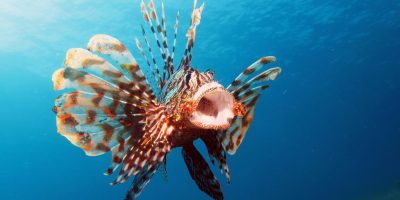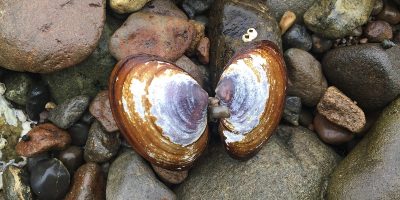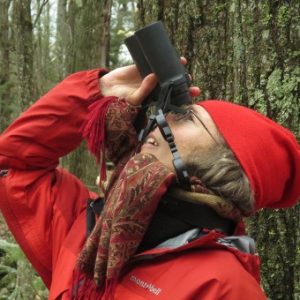By Cassie Maylor, Environmental Studies undergraduate
The Bevan series undergraduate class added some unique discussions to my college career. As an environmental studies major, I’ve take classes in many different departments on campus. From policy and urban planning, to communications and business, to calculus and chemistry. I eventually learned that this was different than how some of my friends who were biology or art majors took classes in their departments. Besides the general education credits UW requires of all undergraduates, I saw that students in other majors didn’t have the opportunity to take classes in more than a few departments.
Reflections on science communication
With that context, what follows are my reflections on environmental and science communication in todays information-heavy world, based on my interactions within science, social science, and other classes.
The 2018 Bevan undergraduate class is mainly made up of fisheries, biology, and environmental studies students. This semi-even split gave us the opportunity to discuss, learn, and work with people from similar academic backgrounds but also talk with people with completely different studies. This gave us a unique classroom perspective on some of our seminar speakers.
Environmental studies at UW
For any readers not familiar with the environmental studies program here at UW, the degree requires students to take introductory level chemistry, biology, and statistic courses to form the foundation of our scientific knowledge. Other requirements include biological systems, analytical methods, research methods, and a variety of electives. While I might not call myself a trained scientist to someone who does fisheries research for a living, I am still a scientist. I find it interesting that this distinction I make, and one that others make as well, is very black and white at times. I’d like to see if we can explore using the term ‘scientist’ more broadly to include more people in these conversations that cover science, data, and communication.
The value of science
After Seattle Times environmental reporter Lynda Mapes gave a talk on being vigilant in a time of news overload, I began to think more about the communication of science and ideas based on scientific knowledge. Before this class, I had never heard, learned, or discovered that the scientific data relayed in an article could be misused or misrepresented. Learning this made me think deeper about how to best relay the science needed to understand a certain issue to a general public that has little to no scientific training and little interest in understanding it. This of course is a question asked by an entire community of scientists and social scientists, but I began to consider whether or not what undergraduate students are learning in science and environmental studies programs is enough to effectively communicate the value of science.
Bringing scientists together
It was wonderful to see a transformation throughout the quarter as each week brought a new speaker. By the last week in the Bevan Series we had heard from at least four speakers discussing social science topics. The last speaker, Liz Neeley brought completely different pre-presentation reading materials and new theories and ideas to explore within fisheries science and management. (A recent blog post of her talk can be found here).
The bottom line here is, all kinds of scientists should work together. I personally think this could be the key to more effective science communication. I consider myself a social scientist but don’t have the opportunities to work closely with fisheries or data scientists. I like to study why people think the way they do, which makes this a poignant topic for me to reflect on.
Communicating science properly is an art we will need to continually adapt as the information age expands. Passionate people often strive to keep up with all subjects of current events, but there is too much for one person to know it all. Anyone with a mind aching to learn will delve into challenging new subjects and learn from them.
For more of Liz Neeley’s provided readings see here:
Ethical Considerations of Using Narrative to Communicate Science
Experiencing narrative worlds: A latent state–trait analysis
The Role of a Narrative’s Emotional Flow in Promoting Persuasive Outcomes
Understanding Media Enjoyment: The Role of Transportation Into Narrative Worlds







Leave a Reply